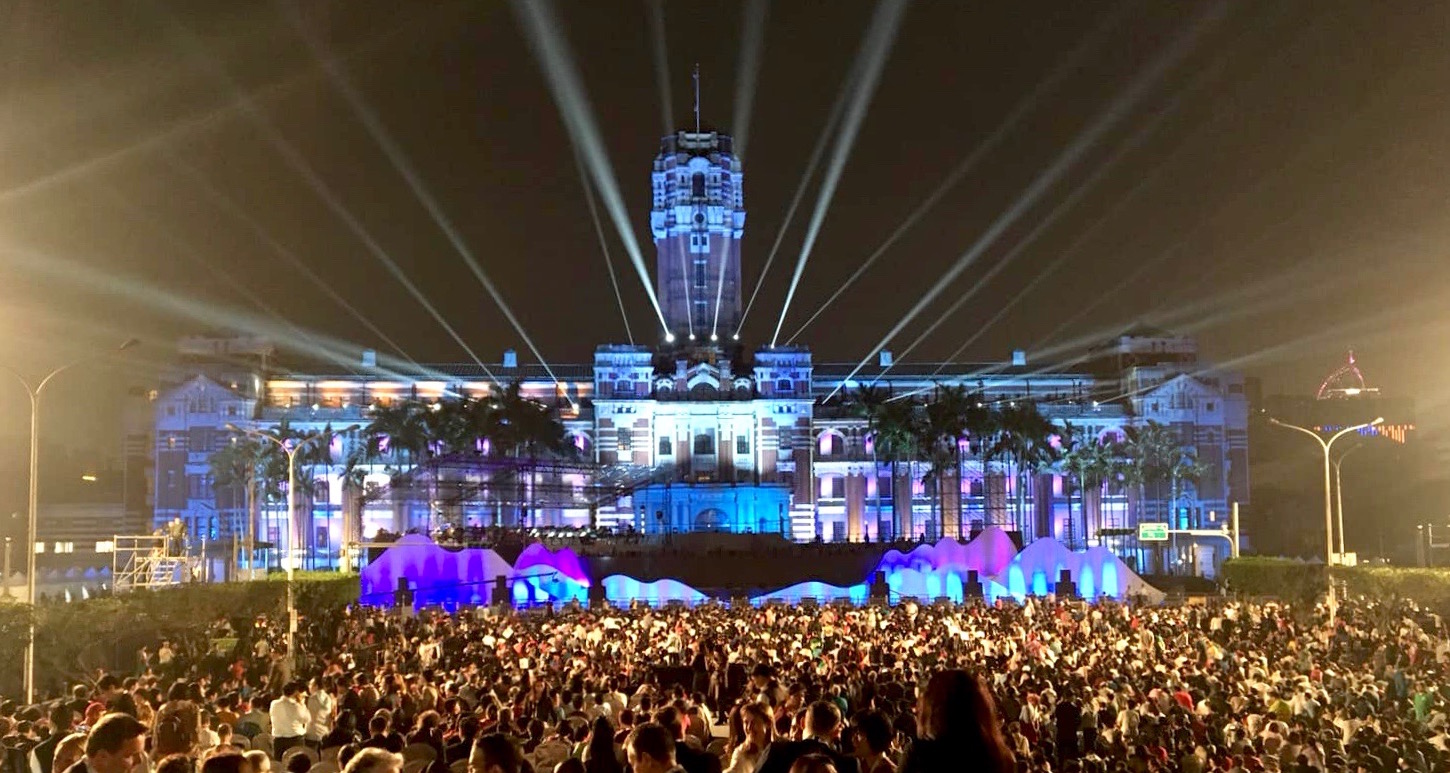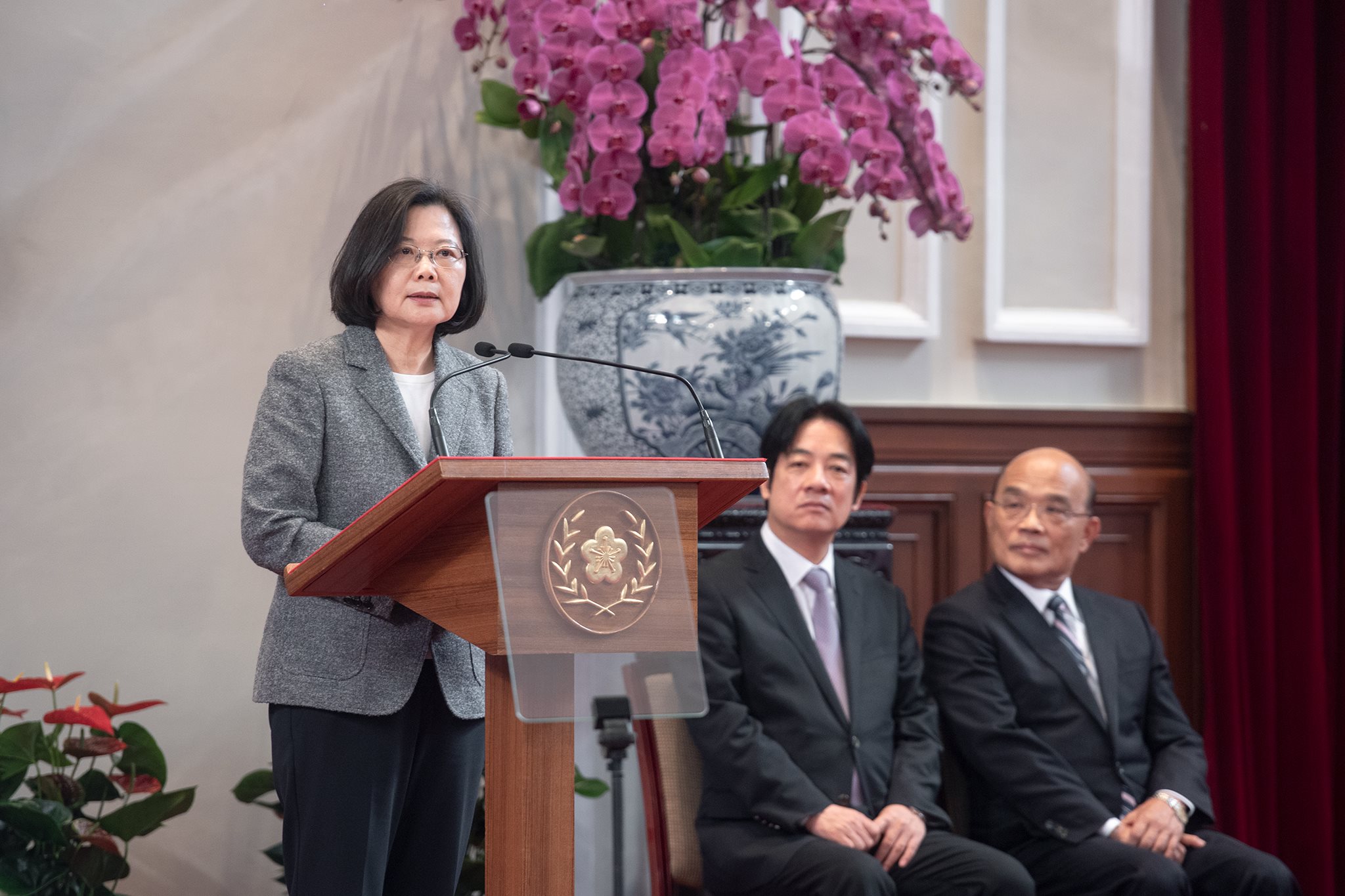As Chinese influence in Cambodia continues to grow, Prime Minister Hun Sen attempts to ingratiate himself with Beijing.
Cambodian Prime Minister Hun Sen told a gathering of Chinese and Cambodians at the weekend that the “Taiwanese flag” — the Nationalist flag that represents the Republic of China — should not be raised in Cambodia and reaffirmed his strong commitment to the “one China” principle.
During his speech to the Cambodian-Chinese Association on Saturday, the prime minister said the flag was to be banned across Cambodia.
“I request to people here: Please don’t raise the Taiwanese flag whenever you are gathering, even at the hotel during Taiwanese national holidays. It is not allowed,” the Cambodia Daily quoted him as saying. “We should not do anything that affects the respect of China’s sovereignty and independence through shaking hands and stepping on feet. I cannot do it.”
I request to people here: Please don’t raise the Taiwanese flag whenever you are gathering, even at the hotel during Taiwanese national holidays. It is not allowed.
The prime minister nevertheless said that his country remained open to investment from Taiwan.
In 2009 and again in 2014 — when the “Beijing-friendly” Ma Ying-jeou administration was in office — Phnom Penh blocked attempts by Taiwan to open a trade center in the capital to deepen trade and investment between the two countries, citing its “strict adherence” to the “one China” policy.
“I could not allow Taiwan to have an office in Phnom Penh or somewhere else,” Hun Sen said on Saturday, according to the Khmer Times. “We shall not do anything that harms the sovereignty and independence of China because of Taiwan.
Bilateral trade between Taiwan and Cambodia were approximately US$744 million in 2015. Taiwan exports to Cambodia reached US$678 million that same year, according to data from the Ministry of Finance.
The prime minister’s comments on Saturday were ostensibly due to renewed pressure from Beijing on the Southeast Asian country to limit its interactions with Taiwan, at a time when Taipei is pushing its New Southbound Policy amid efforts to decouple the island-nation’s economy from that of China. Beijing also appears to have intensified its efforts worldwide to compel governments to distance themselves from Taiwan, as recent events in Nigeria indicate. In the current atmosphere, the remarks may also constitute an attempt by Hun Sen to ingratiate himself with China, whose influence in Cambodia — particularly due to development assistance and support for the Royal Cambodian Armed Force (RCAF) — continues to grow.
Cambodia’s foreign debt stood at US$5.6 billion at the end of 2015, or 32 percent of its GDP. According to the International Monetary Fund, China is Cambodia’s largest bilateral creditor, contributing to approximately 80 percent of the total bilateral debt stock, including arrears.
Besides lack of transparency in Chinese infrastructure investment in Cambodia and other problems, Phnom Penh’s reliance on Beijing has also contributed to silencing critics of China in Cambodia. This is especially true among Cambodians who have a family member working for the Cambodian government, as I discovered when I interviewed a well-known Cambodia writer a few years ago.
You might also like
More from China
A Few Thoughts on the Meng-Spavor-Kovrig Exchange
It is hard not to see this weekend’s developments as a victory for China and the creation of a world …
In Memoriam: Lee Teng-Hui and the Democracy That He Built
The former president of Taiwan is the incontestable refutation of the belief that history is merely an impersonal force, that …
As Coronavirus Crisis Intensifies, Beijing Continues to Play Politics Over Taiwan
With a major epidemic on its hands, the Chinese government has not ceased its political warfare activities against Taiwan. It …









